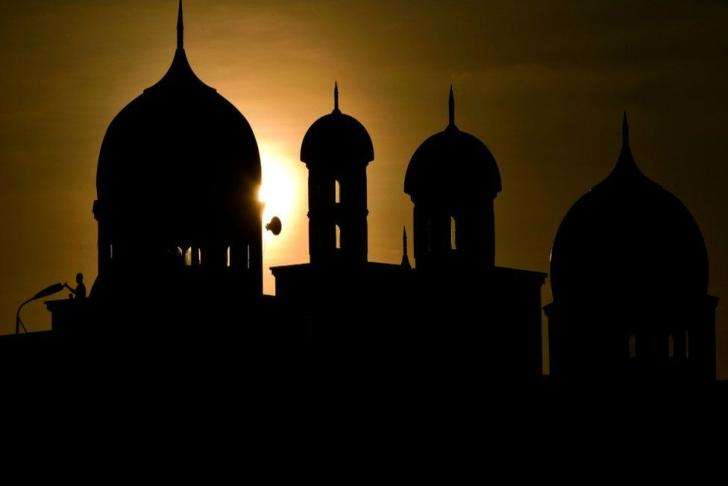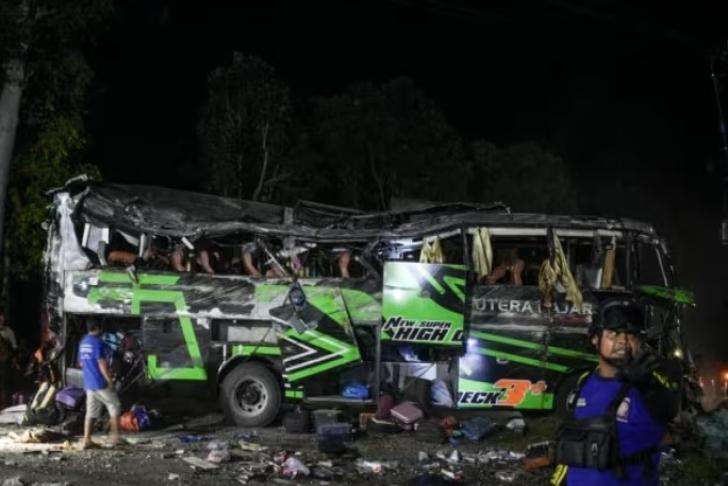Mosques, with distinctive domes and minarets, are a familiar sight for many around the world. However, there are a surprising number of countries that don't have any official mosques. This doesn't necessarily indicate a lack of religious freedom, but can be due to various factors, including demographics and historical background.
Here's a glimpse into a few countries where mosques are absent:
Slovakia: Standing out amongst European Union nations, Slovakia currently doesn't have a mosque. While a Muslim community exists, proposals for building one have faced opposition.
Tiny European Nations: Monaco and Vatican City, both with very small populations, have Catholicism as the dominant religion. This, along with their size, contributes to the absence of mosques.
Bhutan: Buddhism is the main religion in Bhutan, and the Muslim population is relatively small. There's a prayer hall for Muslims, but not a formal mosque. Restrictions on non-Buddhist religious buildings also play a role.
It's important to remember that the lack of a mosque doesn't always reflect limitations on religious freedom. Some countries may have:
Small Muslim Populations: In places with a minimal Muslim population, building a mosque may not be practical.
Alternative Prayer Spaces: Muslims might utilize designated prayer spaces within community centers or private residences.
Understanding these factors provides a broader perspective on why mosques might not be present in certain countries. Religious freedom can exist alongside diverse demographics and historical contexts.




.jpg)



.svg)


